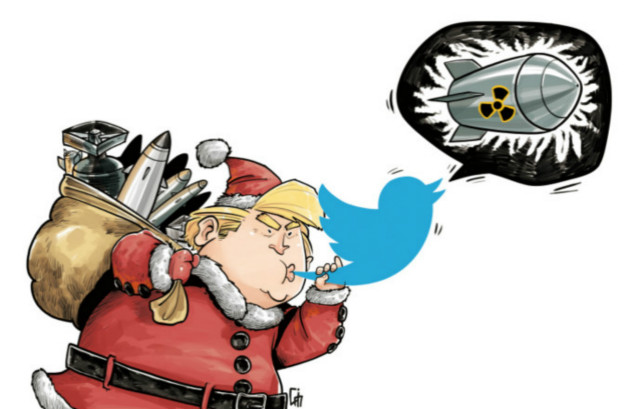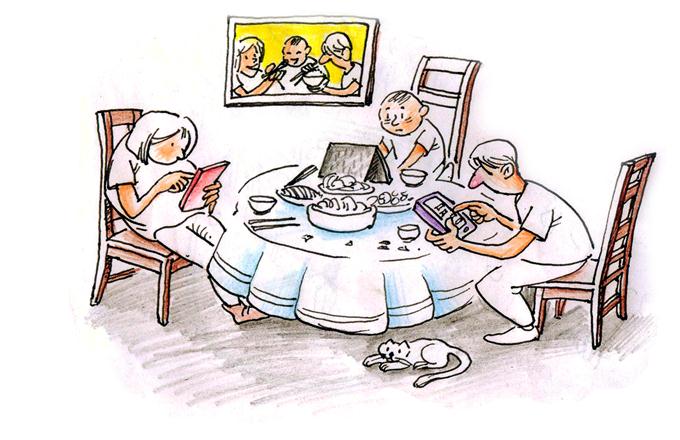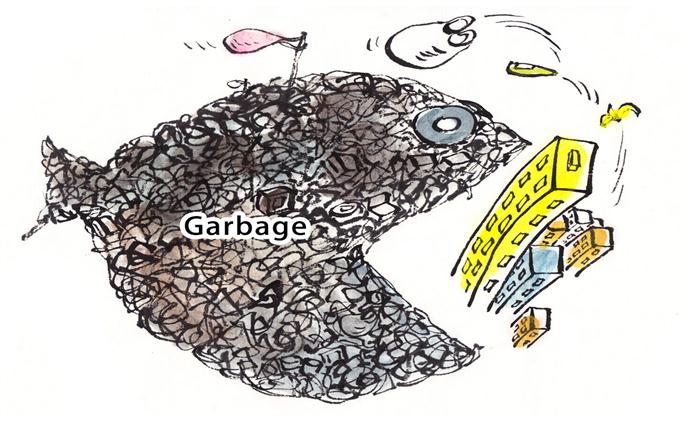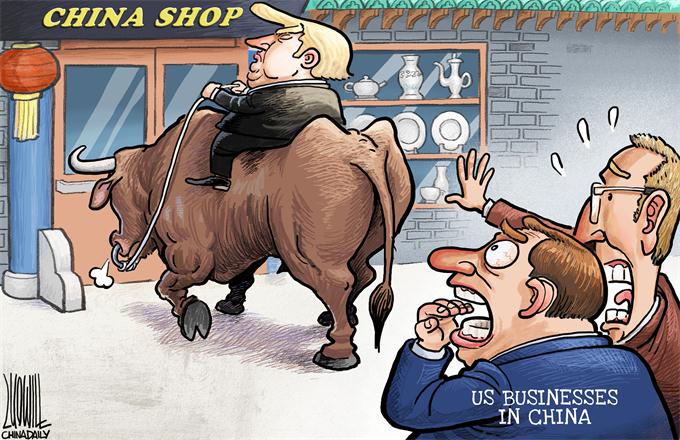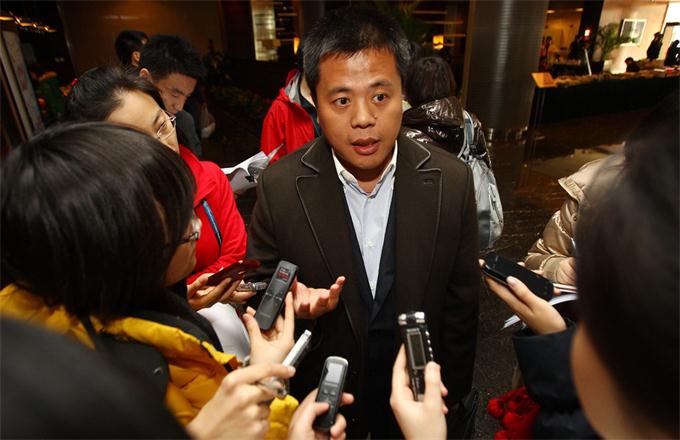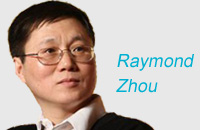These words got a buzz and more out of 2016
Editor's Note: This is the last one of our six-part year-end review series. Today, four commentators review China's society and give their predictions for next year.
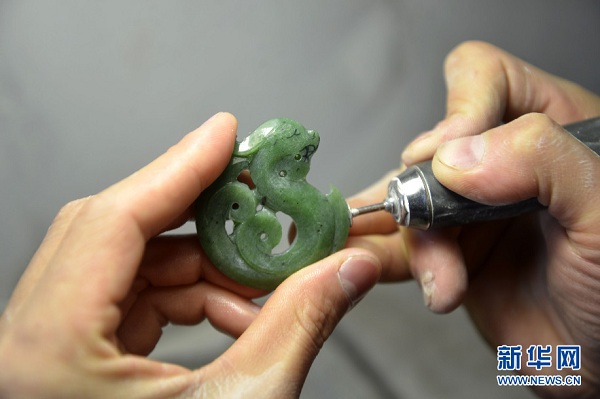 |
|
A carver utilizes a special gadget to cut a piece of Gobi jade into an antique-style dragon at a local antique store in Urad Middle Banner, Inner Mongolia autonomous region. Often found in the Urad grassland, this type of Gobi jade is especially hard, very smooth, and can be polished to a high gloss. These Gobi jades are usually carved into various shapes including animals, flowers, plants, and human figures. With the extraordinary folk workmanship, these vivid and lifelike handicrafts are not only part of the region’s heritage and historic culture but also benefit local craftsmen and jade merchants. [Photo/Xinhua] |
Yaowenjiaozi, an influential Chinese language magazine which publishes China's top 10 buzzwords every year, has just released the list for 2016. The buzzwords reflect people's spiritual orientation.
"Craftsmanship spirit", which refers to the dedication with which craftsmen work to make every product as perfect as possible, became intensely popular after it was used by Premier Li Keqiang in this year's Government Work Report. The premier said the country will "encourage enterprises to use flexible and custom-tailored production processes and foster a craftsmanship spirit of striving for the best, so that more types of products, products of higher quality, and brand products will be made".
Although the term has been lifted to a high level of national strategy, it actually talks about the spirit that many ordinary people have. Carrying forward the spirit of craftsmanship is a sign that the values important to ordinary people, be they craftsmen or grassroots manufacturing workers, are being recognized and promoted in society. Craftsmanship spirit also promotes a healthy social environment that encourages innovation and the pursuit of perfection, which is crucial to China's transformation from a big manufacturing country to a great manufacturing power.
Besides national strategy, this year's buzzwords also reflect a lot on social trends.
"Prehistoric power", a magic natural power creating the world, first appeared in a popular Chinese fantasy TV drama The Journey of Flower in 2015. But the word went viral only after 20-year-old Chinese swimmer Fu Yuanhui used it during a TV interview at the 2016 Olympic Games in Rio de Janeiro to describe how she has tried her best in the competition.
The public immediately fell in love with Fu, not only because she used a popular internet buzzword during a live TV interview that reflected her liveliness and humor, but also because of her spirit of optimism and love for swimming. Fu said she was satisfied with herself and the result, because she had overcome many difficulties to achieve her best timing ever.
The term "prehistoric power" she used during the Rio Olympics, where Fu won the bronze medal in 50-meter backstroke, represents the spirit of the Olympic Games. Sportsmanship is not only about the results and medals that athletes achieve, but also about the spirit of trying their best and transcending beyond themselves. Olympic medals are special, but the unimaginable efforts Fu and many other athletes like her make are laudable and special too.
Chigua qunzhong, or internet onlookers, refers to people standing together and eating melons. They are big groups that frequently appear on Weibo, China's answer to Twitter, and their popularity reflects public opinion to a certain extent. Although they always mock themselves as "the people who are kept in the dark", in reality they express opinions on the internet by retweeting, writing online comments or simply pressing the "like" button.
The so-called internet onlookers' views, to a certain extent, tells us what the social environment is like. You can know what people love or hate the most and weigh the pros and cons through the overwhelming opinions people express on the internet.
More importantly, the internet onlookers actually form a "public opinion field", which sparks public discussions, and public supervision to some extent. Although we can't make a judgment on a certain issue based only on netizens' opinions, we cannot deny many social problems raised by netizens have gone viral online and led to their solution. The popularity of internet onlookers actually shows an ever-increasing and improving sense of public participation, which is conducive to building a harmonious society.
These buzzwords reflect different aspects of China's social development in 2016. Hopefully, more people will carry on the craftsmanship spirit with "prehistoric power", as society continues to evolve in 2017 with more interactions among the "internet onlookers".
The author is a writer with China Daily.




